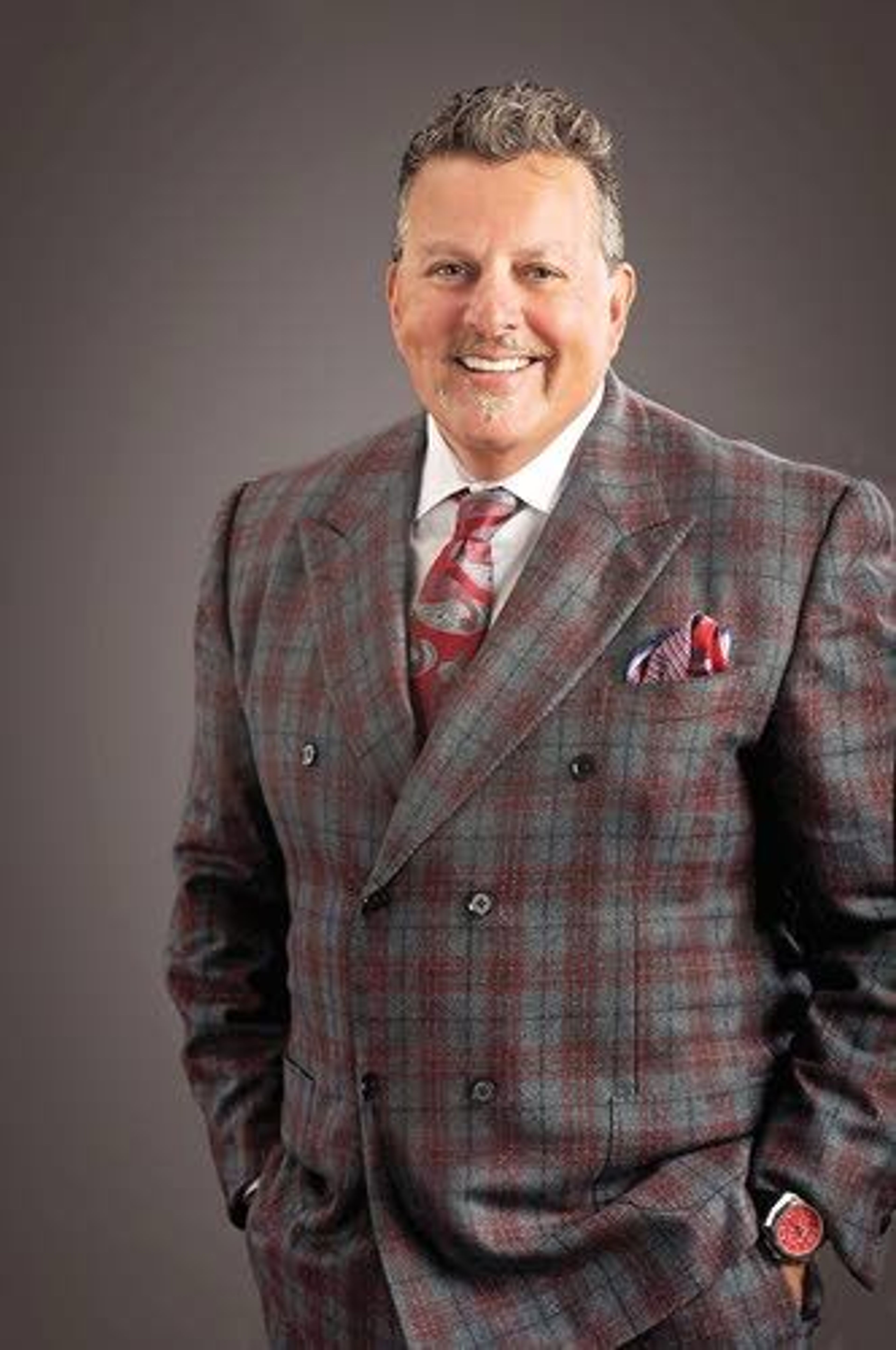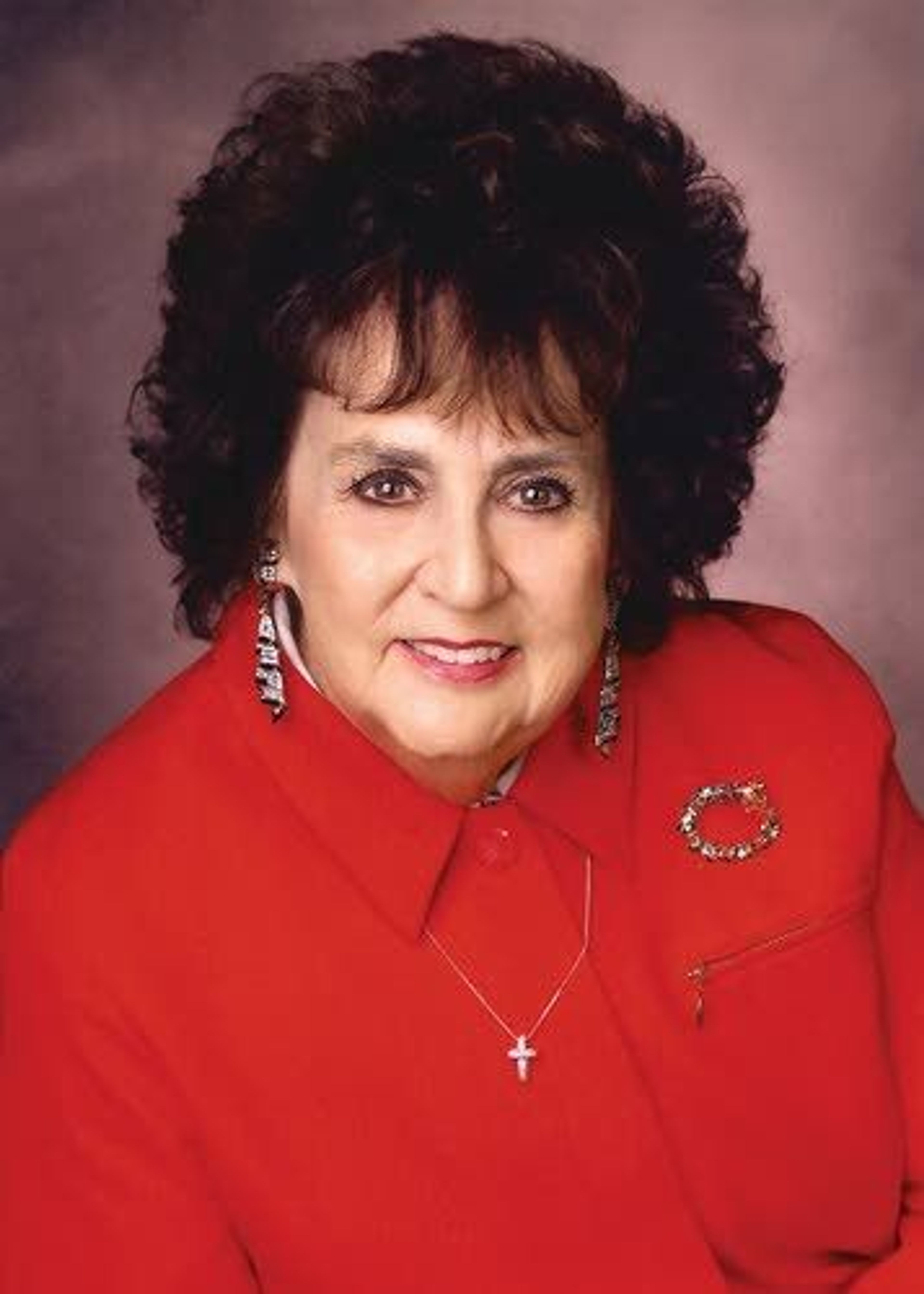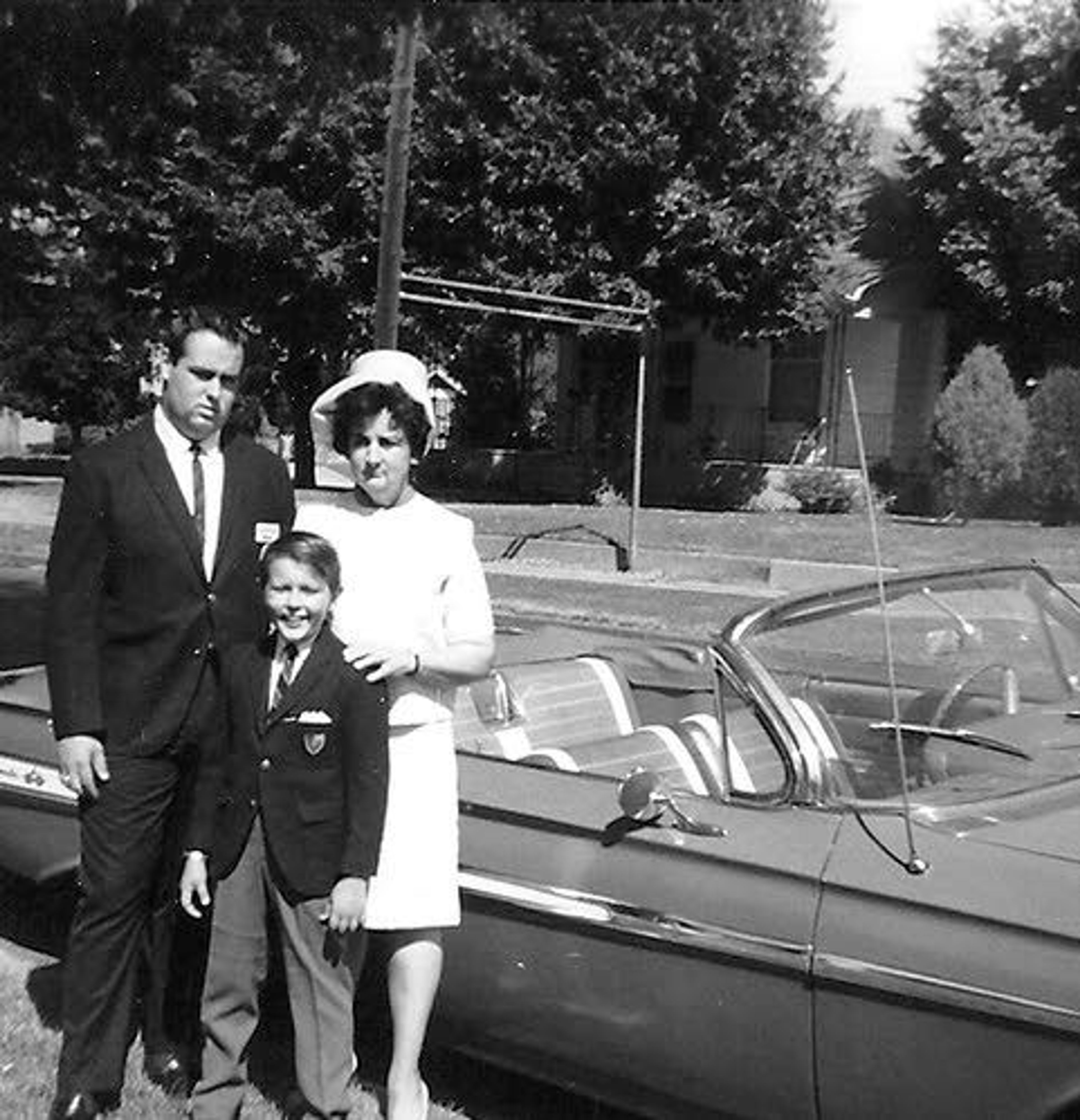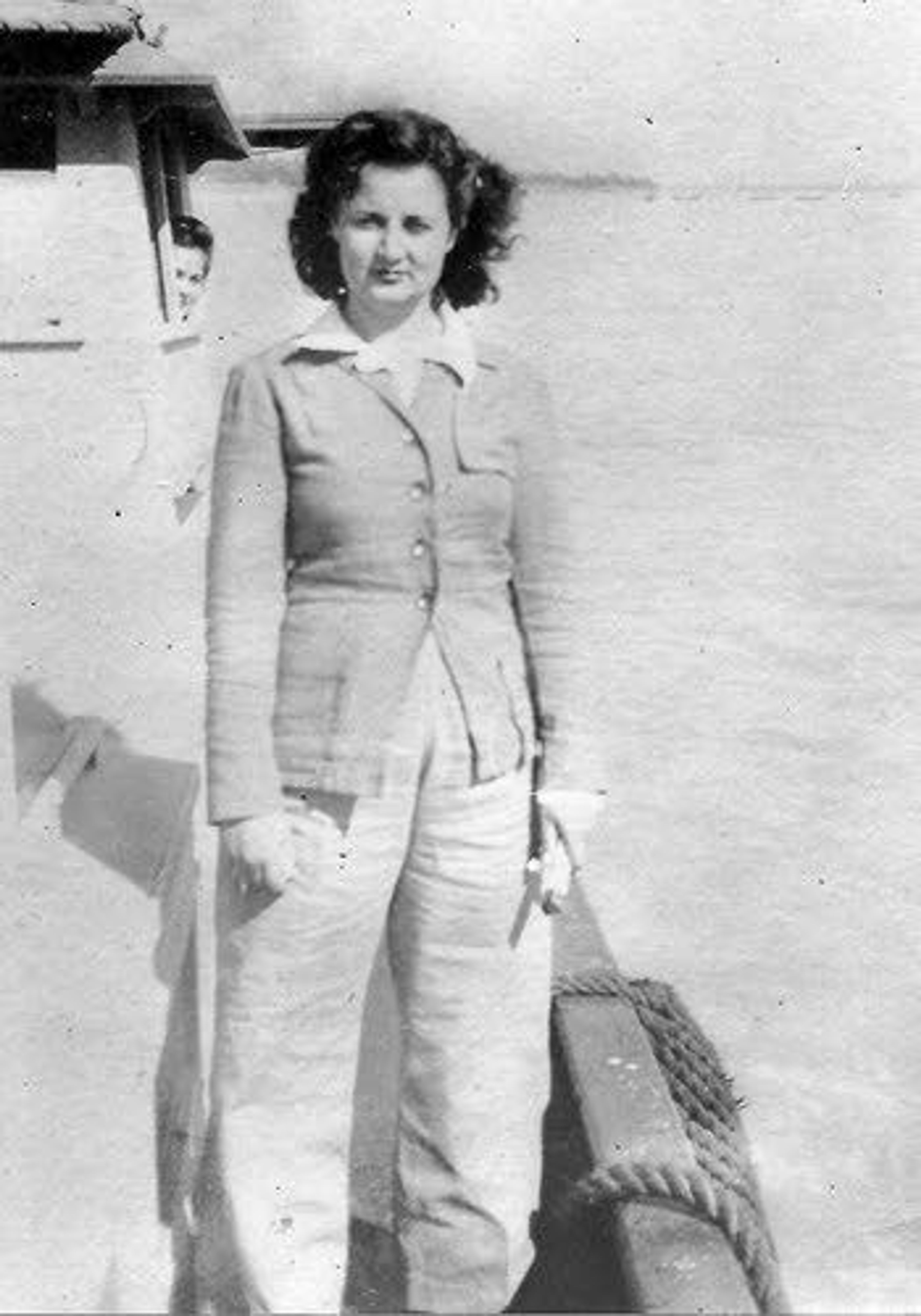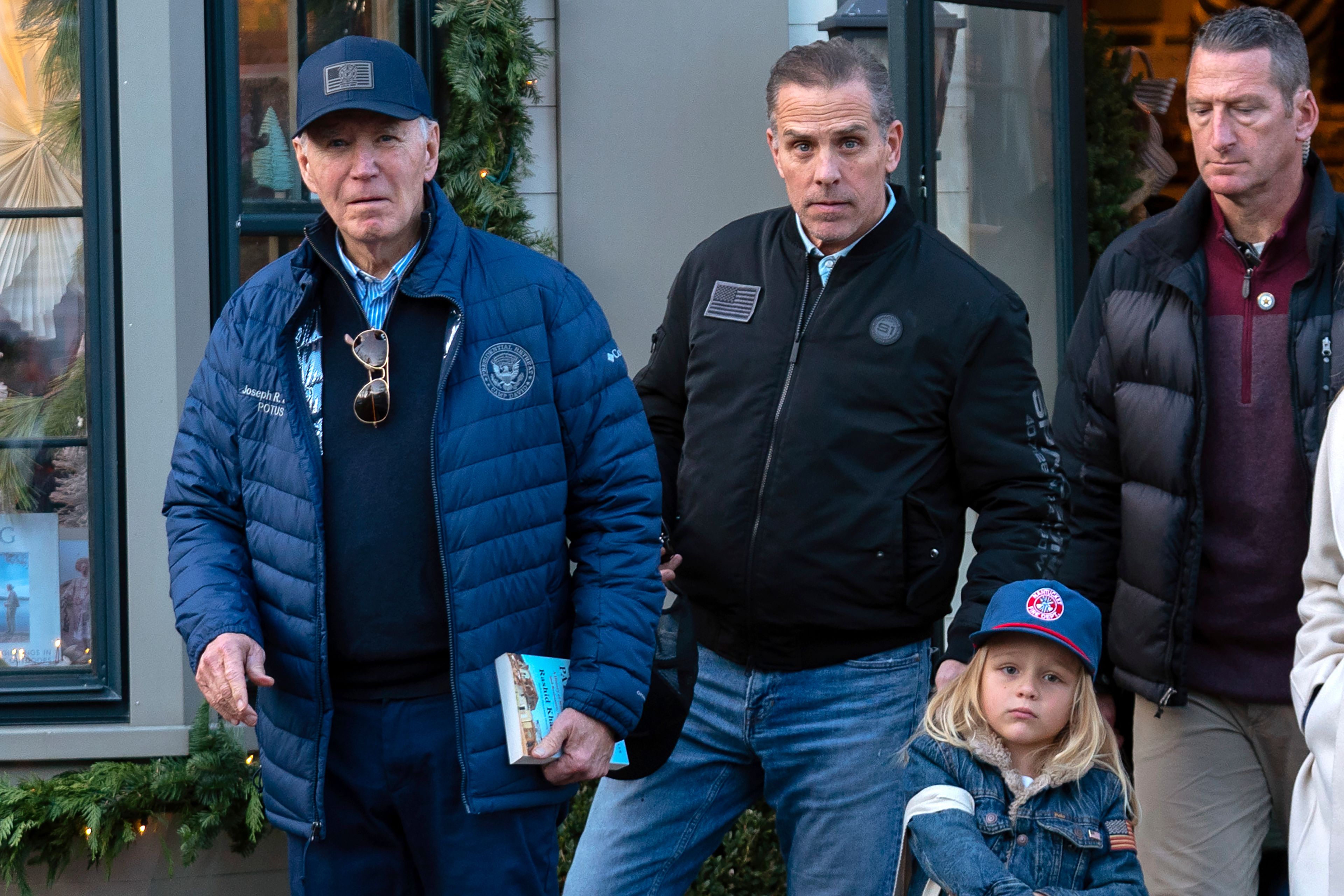FROM THE ARCHIVES: Former Lewiston resident's memoir is focus of film
Oscar-winning producer to portray Dwayne Clark's life story, touching tribute to mother who died of Alzheimer's
This story originally appeared in Inland 360 in April 2016. Dwayne Clark returned to Lewiston last week to take part in the unveiling of the Bengal Monument at Lewiston High School, which he contributed $50,000 to help construct.
Seattle area CEO Dwayne Clark has a rags-to-riches story coming to a theater near you, but it wouldn't be happening if he hadn't been beat up in Lewiston.
As the founder of Aegis Living, a series of upscale, senior assisted-living facilities, Clark oversees $2 billion in real estate assets and employs more than 2,000 people. It's a far cry from his childhood in Lewiston where he was raised by a single mother who worked as a cook at the Elks Lodge.
"We were incredibly poor, incredibly poor," said Clark, 57, in a recent phone interview. "She'd take home doggy bags off people's plates - portions of steaks and chicken. That would be our lunch and everything else."
Last week it was announced that Oscar-winner Irwin Winkler, producer of "Rocky," "Raging Bull" and "The Wolf of Wall Street," will co-write and direct a film based on Clark's 2012 memoir, "My Mother, My Son." The book is about how he found the success his mother always dreamed of but how, in a twist of fate, she was diagnosed with Alzheimer's disease and became a resident in one of his homes against her wishes.
"It's surreal," Clark said about the idea of a movie about his life. "It's like you've got your pants around your ankles and someone's got a camera on you."
Clark's mother, Colleen, was living in India as a British citizen when she met his father, a World War II soldier who he remembers as abusive and absent. His father abandoned the family at his grandparent's ranch on the Salmon River in Riggins, Clark said. His mother filed for divorce, moving to Lewiston in 1966 when Clark, the youngest of four, was in the second grade. He attended Webster and Whitman elementary schools, Jenifer Junior High and Lewiston High School, where his life took a major turn.
"I was kind of a juvenile delinquent," Clark said. "I was a bad kid, and I raced a lot of cars and dated a lot of women and hung out on Silcott Beach too much."
Clark's mother made $1.42 an hour at the Elks Lodge and worked to get his older siblings through college. Clark wasn't in the in-crowd with new jeans or cars, he said. He wasn't a stoner. He was angry. He played football and wrestled. He got in a lot of fights. He started skipping school his sophomore year, receiving failing grades in all his classes except one, mythology, where he did the work because he had a crush on the teacher, earning an A. He hid his report card with a .8 GPA from his mother.
The downward spiral ended at a powder puff football game at Bengal Field.
He remembers watching the girls on the field.
"They had such perfect families," he said.
It made him so angry.
He remembers buying a dozen eggs at the convenience store across the street and drilling the girls on the field with them.
A kid came out of the stands and punched him, followed by another bigger kid, who Clark recalls was a defensive tackle on the football team. There was blood. His nose was busted. Parents watched, but no one came to help.
He crawled the three blocks home, he said, where he found his mother and confessed the school troubles, the hidden report cards. She pulled him out of Lewiston High and enrolled him in a private Catholic school in Walla Walla. He lived with another family until his mother got a job there nine months later, repeating his sophomore year to earn a 3.8.
"I did, in all honesty, deserve it," Clark said of the beating. "It was a turning point in my life. I have Ryan Williams, the kid that beat the snot out of me, to thank."
Clark had another life-changing experience in Lewiston. In his book, he writes about visiting his grandmother in a nursing home where residents were physically bound to their beds. Some cried, others wailed. The worst were the silent and staring.
"I have no doubt that my exposure to these residents had a profound effect on me," wrote Clark, whose private-pay assisted-living residences offer options like libraries, theaters and tailored menus with wine selections. He has also worked to make his assisted-living facilities better places for the employees. Aegis has been voted Best Company to Work For several times by Washington CEO Magazine.
Clark negotiated to be heavily involved with how his story is presented in the film, which could be released as early as next summer.
"The reason I'm doing it, I've worked 30 years with people with dementia, Alzheimer's and Parkinson's. I'm so excited to normalize this disease. I think in America for far too long we've tried to close the door on this population and pretend they don't exist. The reality is these people are you and I, just older."
In the U.S., one in three seniors dies from Alzheimer's or another dementia. It's the sixth leading cause of death. Clark believes we must integrate the population in a new way. Clark's mother, who he describes as an inspirational and "zany character," died in 2010. He thinks she has a spiritual hand in the film.
"Good comes out of the bad that happens to you. Even though I had some negative things happen to me in that environment, it's helped me do more good in the world. I thank the people of Lewiston for that," Clark said about his story.
